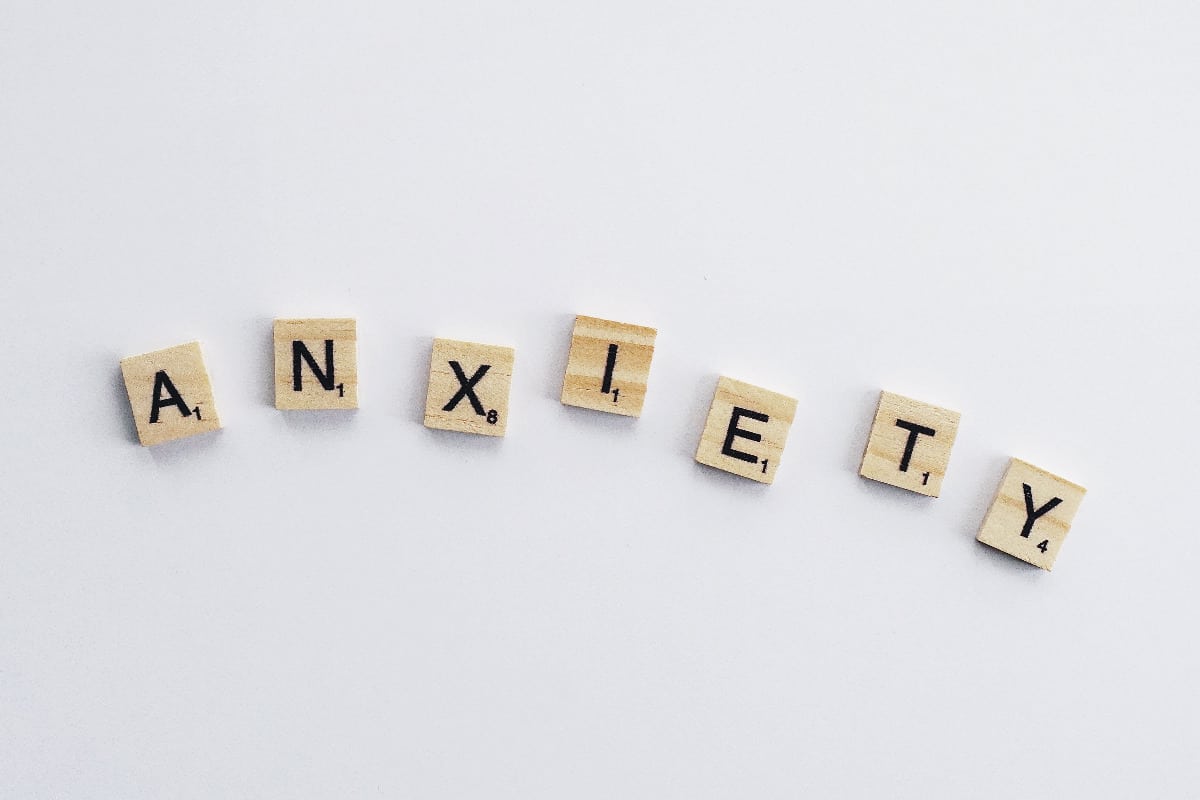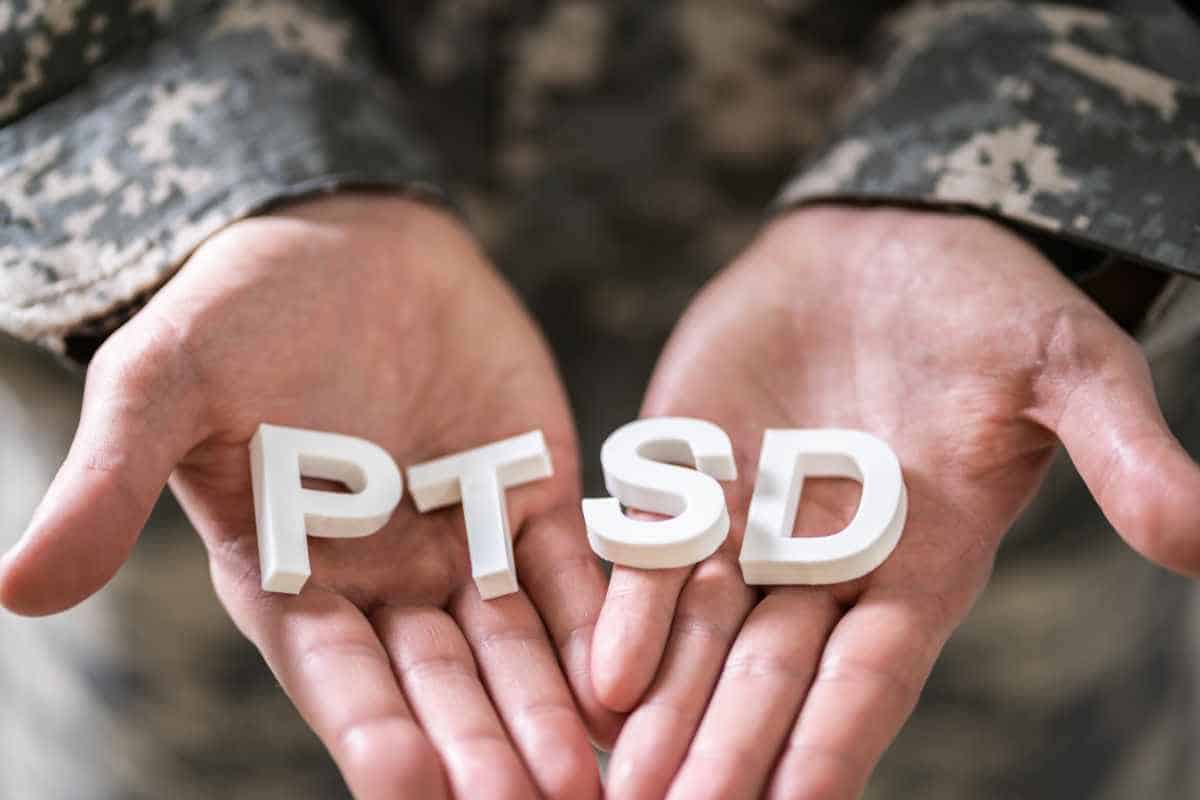Early recovery can be exciting, but like any change, it can also be somewhat scary and anxiety-provoking. You may experience fears about how your new, sober life will look, which is normal and okay. There are ways to manage your anxiety and fear while navigating the waters of early recovery. Remember that there is a full, healthy, new, sober life waiting for you on the other side of those fears and anxieties.
Anxiety: What It Is and How It Feels
Anxiety is a feeling of fear, dread, and uneasiness and can be extremely uncomfortable. Anxiety symptoms may vary from person to person, but some common symptoms are:
- Racing, pounding heart
- Sweating
- A feeling of impending doom
- Restlessness
- Muscle tension
- Heaviness or tightness in the chest
- Nausea
- Frequent urination
Anxiety is a normal part of life, and feeling anxious or afraid when making a significant change is to be expected.
Recovery Is a Good Thing, So Why Are You Anxious?
Although you know that choosing recovery is a healthy decision, you cannot help but feel anxious about this new path. What will this sober life look and feel like? This new life is full of unknowns and uncertainties, and part of being human is to be both excited and afraid of the unknown. Anxiety has a protective function. It helped our ancestors stay alive by making them alert and wary of dangers such as predators. It also made them wary of the unknown where other threats could be lurking. Now, you may want to embark on the path of sobriety, but part of your brain still thinks there may be a large predator on that unknown path that causes you to be anxious and wary. Even though there are many unknowns on this new journey, you anticipate some discomfort that can leave you feeling a bit nervous.
Common Fears in Early Recovery
Everyone is unique, and your recovery path will not look exactly like anyone else’s. However, there are some common fears that many people experience in early recovery. These include:
- Fear of relapse and judgment from others if you relapse
- Being afraid you will become a boring person without substances
- Fear that you may never again have a good time at events and parties now that you are sober
- Anxiety about losing friends when you stop using
- Feeling anxious about having “sober sex”
- Fear of dealing with life’s challenges without substances as a crutch
- Anxiety related to no longer being numb and learning to feel intense emotions again without being overwhelmed
Each of these fears may seem vast and overwhelming, but they can be managed, and they will come and go but will not last forever.
How Do You Manage Early Recovery Anxiety?
You have accepted that being a little nervous and afraid when making a major life change is normal. You know this is the best gift you can give yourself, so you have decided to push past the anxiety and embark on a lifetime of recovery. There are some simple things you can do to manage the anxiety of being in early recovery:
- Just breathe! When angry or anxious, your breathing pattern may change and become more rapid and shallow. Notice when this happens and slow and deepen your breathing. Research has demonstrated that diaphragmatic breathing can be relaxing and positively effects mental and physical health.
- Picture what you want. When you are anxious about your new life, take time to visualize exactly what you want your sobriety and life in recovery to look like. This can be done alone or in combination with breathing exercises. Then, take small steps daily to make the life you visualize a reality.
- Have a solid relapse prevention plan and use it. Your relapse prevention plan is a tool to be used and even modified as the need arises. When fear of relapse creeps in, know that you have a plan to help you stay sober.
- Have a circle of supportive people who can help you when your anxiety levels are high and you doubt yourself. Self-help groups, a sponsor, family, therapist, or sober friends can be invaluable when dealing with recovery fears and anxiety.
- Progressive muscle relaxation and therapeutic tapping. When you are anxious, your muscles tense up. Progressive muscle relaxation can help you relieve that tension, while tapping on different acupressure points can help decrease anxiety.
- Physical activity. Exercise can be an excellent anxiety management strategy as it stimulates the release of endorphins. Walking outside can help you manage anxiety as the movement combined with fresh air and sunshine (or the pattering of rain on an umbrella and the smell of the rain) can give anxiety a one-two punch. Yoga has the combined benefit of using breath and physical movement. Finally, a swim can have the added benefit of combining moving the body with the natural relaxing property of water.
- Seek professional help. You may need the help of a therapist or a psychiatrist.
- Prayer/faith. If you are religious or spiritual, you may find prayer or other religious rituals comforting and anxiety relieving.
- Journal it. Keep a journal specifically for this recovery journey. Write down your feelings, whether positive or not. Write about your anxiety and any triggers and coping strategies that you used. Include which methods worked and which did not. You can gain a lot of insight from writing your feelings and thoughts.
Whether you need professional help or you can successfully manage your anxiety on your own, sobriety is worth the effort of moving through the anxiety.
As you navigate the early stages of recovery, it’s essential to recognize the interconnected nature of mental health challenges. Acute Stress Disorder (ASD) and Post-Traumatic Stress Disorder (PTSD) are two such conditions that share common ground with the anxieties faced in early recovery. Understanding the link between these subjects is crucial for comprehensive well-being.
In the process of overcoming addiction, individuals often encounter situations that can lead to acute stress responses. These intense stressors, if not properly addressed, may contribute to the development of ASD or even progress into PTSD. Recognizing the signs and distinguishing between the immediate impact of stress and the long-term effects of trauma is vital. The journey toward sobriety involves not only breaking free from substance dependence but also addressing underlying mental health concerns, including those related to trauma.
By delving into the distinctions between Acute Stress Disorder and PTSD, you gain a deeper understanding of the psychological landscape that can accompany recovery. This knowledge empowers individuals and their support networks to identify early signs of distress, implement timely interventions, and build resilience. Embracing a holistic approach to mental health in recovery involves not only forging a new path free from substances but also cultivating the tools to navigate and overcome the emotional challenges that may arise along the way.
You have decided to quit using substances and choose sobriety, and you’re excited. Yet, you feel something else too. You are anxious about the big changes that are about to happen in your life. No, there is nothing wrong with you. This is a normal response to a significant life change. You are not alone! Sober Life has a team of compassionate, highly skilled, empathetic professionals waiting to support you through quitting substances and beginning your recovery. You will have an individualized treatment plan to address your unique needs and build on your strengths. You will learn just how complete and rewarding your life can be without substances. Our programs incorporate easily into your daily routine and allow you to receive treatment while easing back into your life. For more information on how Sober Life can help you push through anxiety to recovery, call us today at (619) 542-9542.










